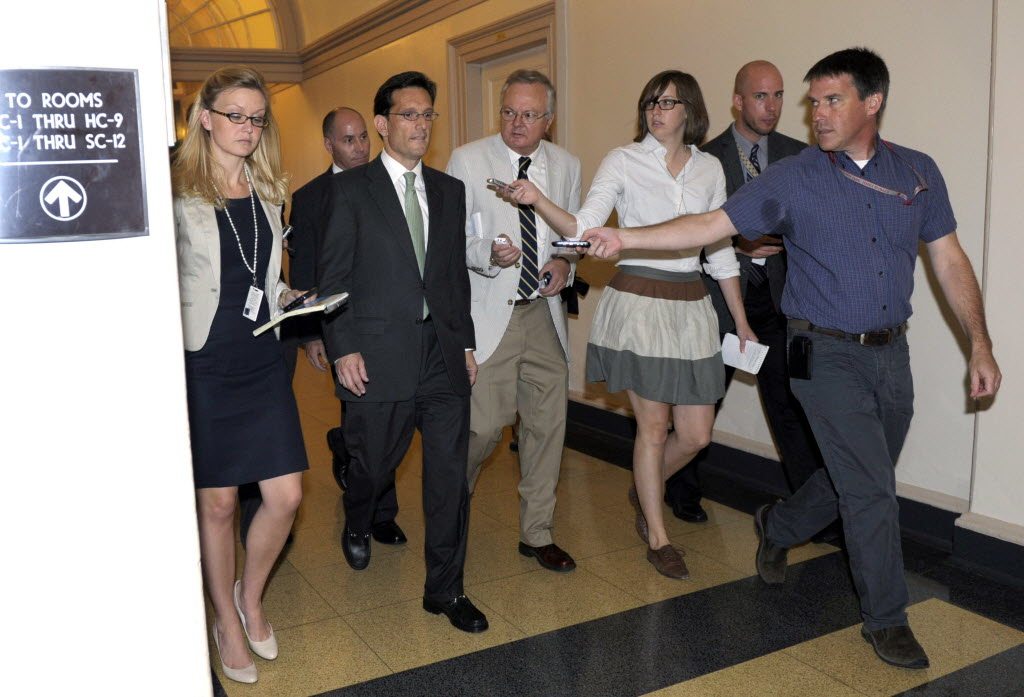U.S. Rep. Jaime Herrera Beutler joined a slim majority of House members Friday in voting in favor of House Speaker John Boehner’s debt ceiling proposal. The measure needed 217 votes to pass; it passed 218-210, with 22 Republicans voting no.
Herrera Beutler released this statement after the vote:
“All through the debate over how to address the debt ceiling, I have maintained that our solution must meet three criteria. First, it must protect Social Security. Not only does this plan include no cuts to Social Security benefits, it helps us meet our debt obligations and stops the administration from making a decision to withhold Social Security checks.”
“Second, I said I could not support a plan that included any increase in tax rates on families and small businesses in my district. This plan does not include a single tax increase.”
“Third, the plan must put our country back on a financially responsible path by addressing Washington, D.C.’s overspending problem. This plan not only changes the trajectory of this country’s spending, it makes a down payment on lowering our nation’s debt.



